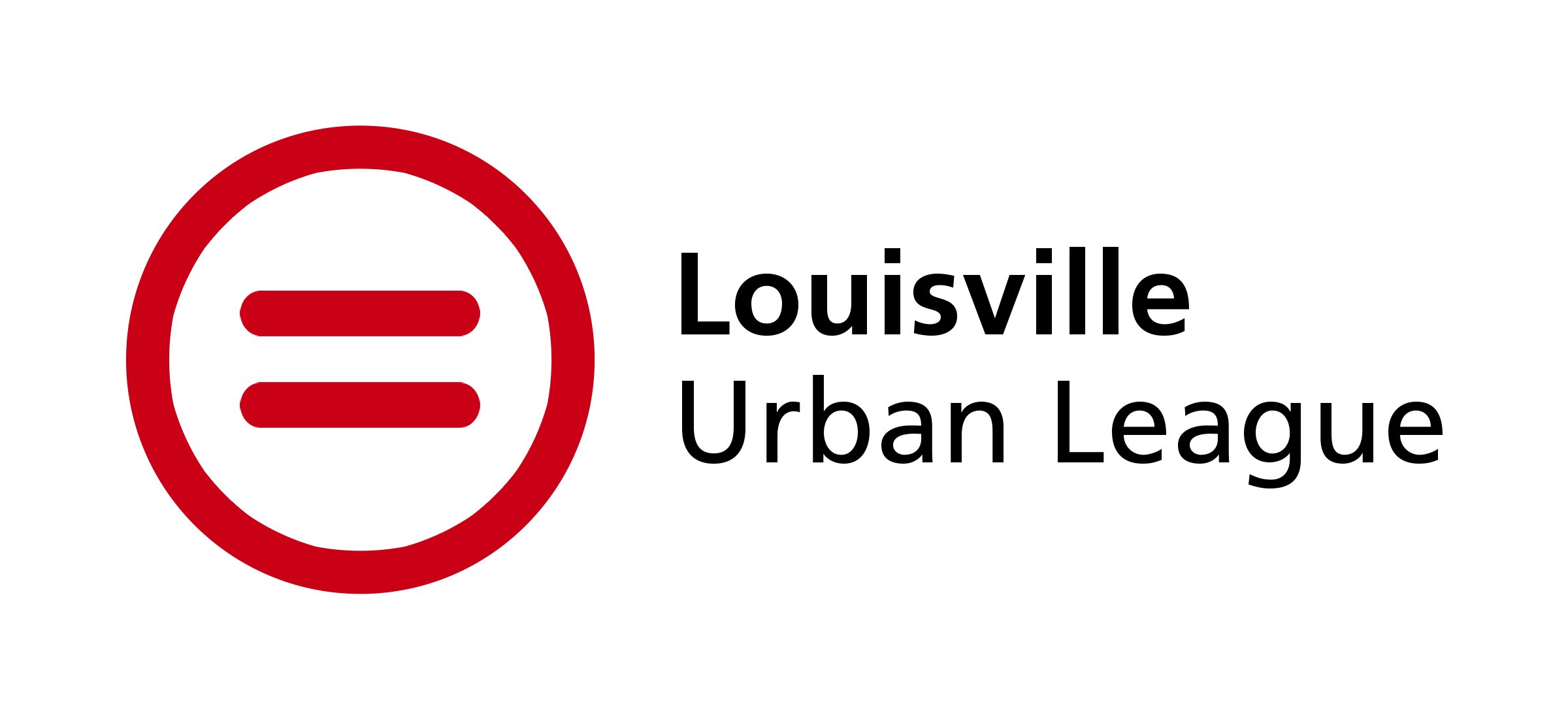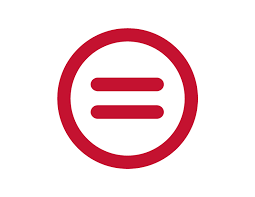The Great Retreat from
Diversity, Equity, and Inclusion (DEI)
With retreat from DEI, the question isn’t where we’re headed but who will stop it
I was a History Fair kid in high school–all four years, with three trips to National History Day in DC. Even won it all one year. Because of those experiences, I developed a great appreciation for history. Not just prominent names and dates of certain people and events but a genuine appreciation for the context in which those names and events exist. Context refers to the circumstances that lead to and surround a thing, and context is the only way for any person, event, or thing to be fully understood and assessed. This is not something we do well in this country–articulately define and explain what things really are or where they come from. And it is this failure that keeps us from becoming our greatest selves.
So, as we witness this great retreat from Diversity, Equity, and Inclusion (DEI) programs by corporations across this country and policy attacks by legislators with bills like SB 165, SB 164, and HB 4 here in Kentucky, it is not surprising that few people truly understand what it is that they are actually running away from. And what these actions are leading us [back] to.
The history of DEI in America is complex
The history of DEI (Diversity, Equity, and Inclusion) in America is a complex and evolving story, marked by significant progress and ongoing challenges. The Civil Rights Movement of the 1950s and 1960s laid the groundwork for what we now call DEI. Landmark legislation like the Civil Rights Act of 1964 prohibited discrimination based on race, color, religion, sex, or national origin, paving the way for equal employment opportunities.
Affirmative action and Equal Opportunity policies were introduced in the ’70s and ’80s to address intentional historical inequalities and increase the representation of underrepresented groups in the workplace and education–not just Black people and other non-white groups, but also women, those with mental and physical differences, different religions, and sexual orientation. While controversial to those in power, these policies aimed to level the playing field and create more diverse environments.
In the 1990s, the focus shifted from simply complying with legal requirements to recognizing the value of diversity and multiculturalism, particularly as an asset in the global marketplace–appreciation versus toleration. Organizations began to understand diversity as a source of strength and innovation, developing diversity training programs and initiatives to promote inclusion… and profits.
DEI programs have always been about progress
Not until the 2000s did the concept of inclusion gain influence, emphasizing not just representation but also the full participation and integration of diverse individuals into the workplace and academic curriculum. Growing economies, advances in technology, and social media have further highlighted the importance of DEI in navigating an increasingly interconnected world. The events of 2020, including the global pandemic and protests for more just policing, further underscored the urgency and importance of DEI. For the first time since Reconstruction, it seemed we were on a path to fully addressing centuries of intentional harm and rampant discrimination.
DEI programs have always and only been about progress through repair–reconciling the divisions our country created, recognizing the intersections of our various social identities, measuring effectiveness, and holding organizations accountable for progress. The history of DEI in America is a testament to the ongoing struggle for equality and justice. And it remains a necessary struggle. We cannot look at the widening gaps in wealth, education, and health outcomes and pretend DEI is unnecessary. We cannot look at the mountains of evidence of discrimination in banking, employment, policing, and prosecutions and act as if our DEI efforts have been fully realized. It took three centuries to create these inequities. We will not untangle them all in a few short years.
That is why we do the work and why the work remains critical. But then came the backlash.
KY bills designed to undo DEI are attempts to undo America
While many have been working toward making the promise of America more real for all of us, many have continued to fight the Civil War long after the outcome was decided in 1865. The retreat from Diversity, Equity, and Inclusion (DEI) initiatives by corporations and bills like SB 165, SB 164, and HB 4–which threaten public education institutions whose only crime is seeking to ensure all students have an equitable opportunity to learn and to learn fully–are attempts to undo America. They represent a full sprint away from Lincoln’s proclamation, Martin’s dream, and the blood sacrifices made by every veteran, activist, and freedom fighter who has ever yearned to make this country what it should be.
Why are so many willing to run so fast? Perhaps it is ignorance–a lack of context. But ignorance is not a defense–not when the harm is so great. These actions represent a return to something horrible.
Anti-DEI policies are a race toward racial segregation, discrimination
Anti-DEI policies are a race towards racial segregation, discrimination, and the rolling back of rights for women, LGBTQ individuals, and those differently abled. It is a return to the dark days of education, where only some people were allowed to learn while others were punished for reading—a time when only fragments of history were taught, and historical truths were rewritten, minimized, or eliminated. In short, embracing these policies is to reject freedom. They are anti-American, or at least anti to the America we claim to be and desire.
This isn’t hyperbole or conjecture. Historical context has shown us the outcomes that lie ahead. The question is not “Where are we headed,” but “Who among us will be courageous enough to stop it?” The fight for true equity and inclusion is far from over. The resurgence of discriminatory policies at both state and federal levels, alongside corporate retreats from DEI initiatives, demands our unwavering attention and action. We cannot stand idly by as hard-won progress is eroded and the nation takes a dangerous leap backward.
Now is the time to contact our representatives and make our voices heard. It’s time to protest. It’s time for selective buying. We must support those organizations dedicated to protecting the rights of all individuals and let those who don’t feel the pain of exclusion. Let us not be silent witnesses to this regression. Let us be the courageous ones who stand up, speak out, and work tirelessly to ensure a future where the promise of America is a reality for everyone.
About the Louisville Urban League
The Louisville Urban League assists African Americans and those at the margins in attaining social and economic equality and stability through direct services and advocacy. For more information, go to lul.org or follow us on Facebook, Twitter (@louisvilleUL), or Instagram (@LouUrbanLeague).

February 20, 2025
For more information, contact:
Cherilyn Martin
Marketing Manager
[email protected]

From the Desk of
Lyndon E. Pryor
President & CEO
